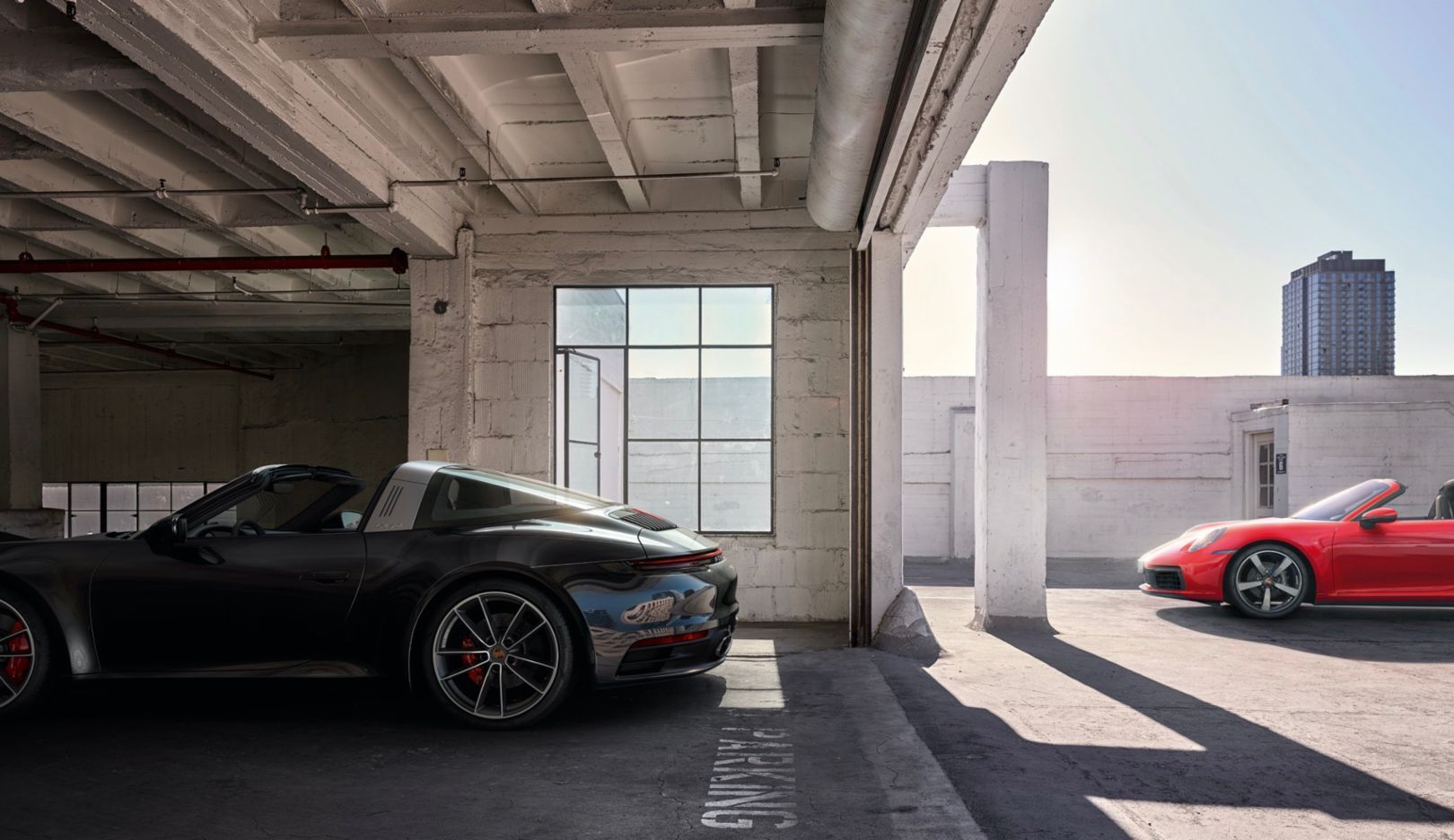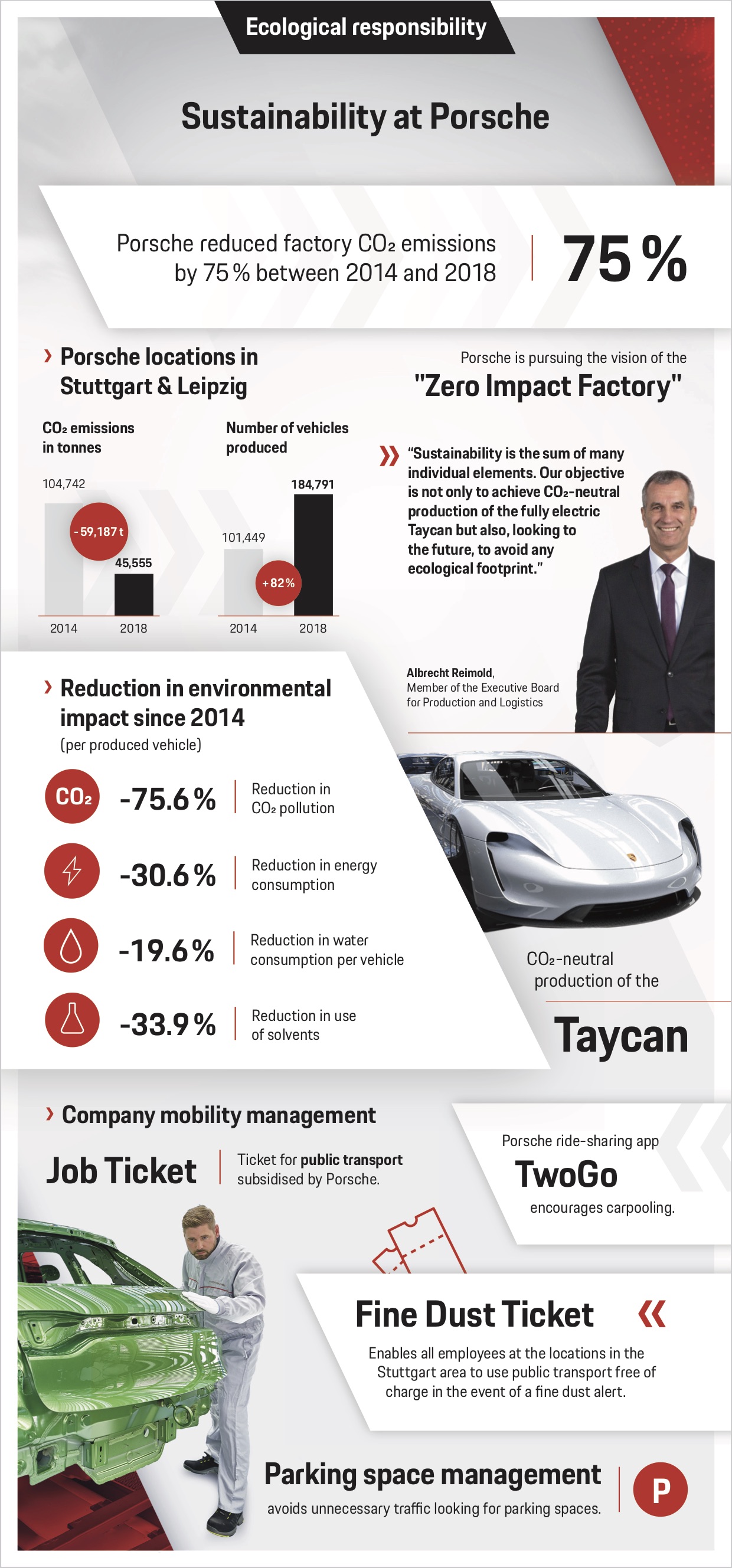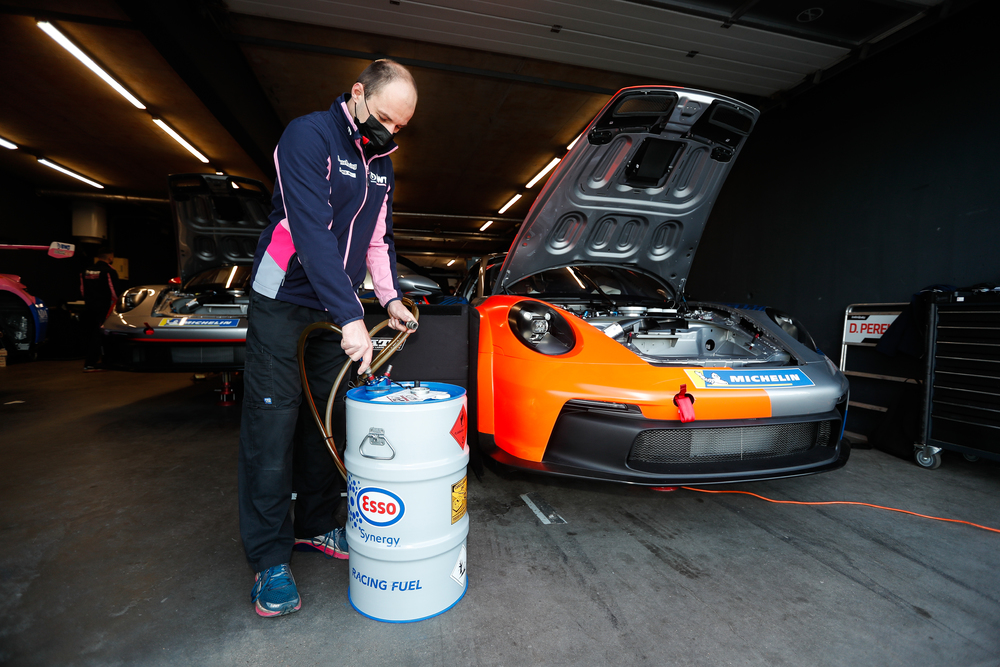Porsche Zero Emission Fuel: Pioneering A Greener Future
Share

In the fast-evolving world of automotive technology, Porsche is carving out a unique path toward sustainability with its innovative approach to zero emission fuel. As we continue to address the pressing concerns of climate change, the automotive industry is under immense pressure to adopt greener alternatives. With the increasing legislative push for clean energy and stricter emissions regulations, Porsche's exploration into zero emission fuel represents a significant leap toward a sustainable future.
Understanding Porsche's Vision for Zero Emission Fuel
Porsche’s commitment to sustainability is evident in its pursuit of alternative fuels. Aiming to complement its electric vehicle (EV) lineup, Porsche is investing in synthetic fuels, also known as e-fuels or zero emission fuel. These fuels are produced using renewable energy and can arguably maintain the captivating driving experience that Porsche enthusiasts cherish. With the potential to reduce greenhouse gas emissions and energy dependencies, Porsche's e-fuel innovation could play a crucial role in achieving a carbon-neutral future for the automotive sector.

What are E-Fuels?
E-fuels are synthesized from carbon dioxide and water through a process powered by renewable energy sources, such as solar or wind power. This technology turns captured CO2 from the atmosphere into fuel, producing hydrocarbons that can be used directly in existing combustion engines. As a result, e-fuels have the potential to make existing internal combustion engine (ICE) vehicles eco-friendly without requiring extensive modifications. This transition can significantly extend the lifecycle of current vehicles while benefiting from a cleaner fuel source.
The Role of Renewable Energy
The critical component of e-fuel production lies in renewable energy. By harnessing solar or wind power, manufacturers can create hydrogen through the electrolysis of water. When this hydrogen is combined with captured CO2, it can produce hydrocarbons that burn more cleanly than traditional fossil fuels. This process not only represents a sustainable method for powering vehicles but also utilizes existing infrastructure for fuel distribution and storage, hence facilitating a smoother transition to a greener future.

Porsche’s Collaboration with ExxonMobil
Porsche has partnered with ExxonMobil to test the viability of low-carbon fuels in motorsport and consumer vehicles alike. This collaboration focuses on developing and refining the production methods of e-fuels. By running real-world testing in race conditions, the partnership aims to discover ways of enhancing combustion performance while ensuring that emissions remain minimal.
The ongoing tests reveal promising results, as lower-carbon alternative fuels can maintain the performance characteristics desired in high-performance sports cars. By reducing the carbon footprint associated with traditional fuels, Porsche aspires to set a benchmark for other automotive manufacturers.

E-Fuels and Internal Combustion Engines
A key advantage of zero emission fuel like e-fuels is that they are compatible with existing internal combustion engines. Enthusiasts need not forgo their cherished ICE vehicles for newer electric models. Instead, with e-fuels, these vehicles can transition, significantly lowering their environmental impact without sacrificing the power, sound, and performance that enthusiasts adore.
Moreover, Porsche is not just focusing on e-fuels for its supercars; it's also exploring how these innovations can be applied to its broader range of vehicles. As Porsche continues to engage with both the electric and ICE markets, e-fuels could serve as a bridge to a more sustainable future while keeping the performance-driven spirit of the brand alive.
Addressing the Myths about E-Fuels
With every innovation comes skepticism. Some critics argue that e-fuels could prolong the dependence on fossil fuel infrastructures and might detract from the current EV movement. However, Porsche advocates for a multi-faceted approach to sustainability, acknowledging that different technologies must coexist rather than compete against one another.
E-fuels are not intended as the sole solution. Instead, they represent one of multiple routes toward sustainable mobility. Developing a diverse energy portfolio that includes both electric and synthetic fuels will ensure that various segments of the automotive market can reduce their carbon emissions effectively.

The Future of Porsche and Zero Emission Fuel
Porsche’s journey into the realm of zero emission fuel is just beginning, but it paves the way for a more sustainable automotive future. As technological advancements continue and partnerships deepen, the future looks promising for e-fuels. With the right investments and innovation, Porsche is poised to lead the way in responsible performance.
In conclusion, zero emission fuel represents a pivotal aspect of Porsche's vision for sustainable mobility. By investing in e-fuel technologies and embracing renewable energy, Porsche not only preserves the characteristics that make its vehicles distinctive but also champions a greener environment. As enthusiasts, we can look forward to a future where thrilling rides and sustainability exist in harmony.
Stay informed about Porsche’s innovative endeavors by following our blog, and join us on this exciting journey toward a sustainable automotive world!
This post serves to educate readers about the significance of Porsche's zero emission fuel initiative, ensuring engagement and understanding of how it represents a technological revolution within the automotive industry.